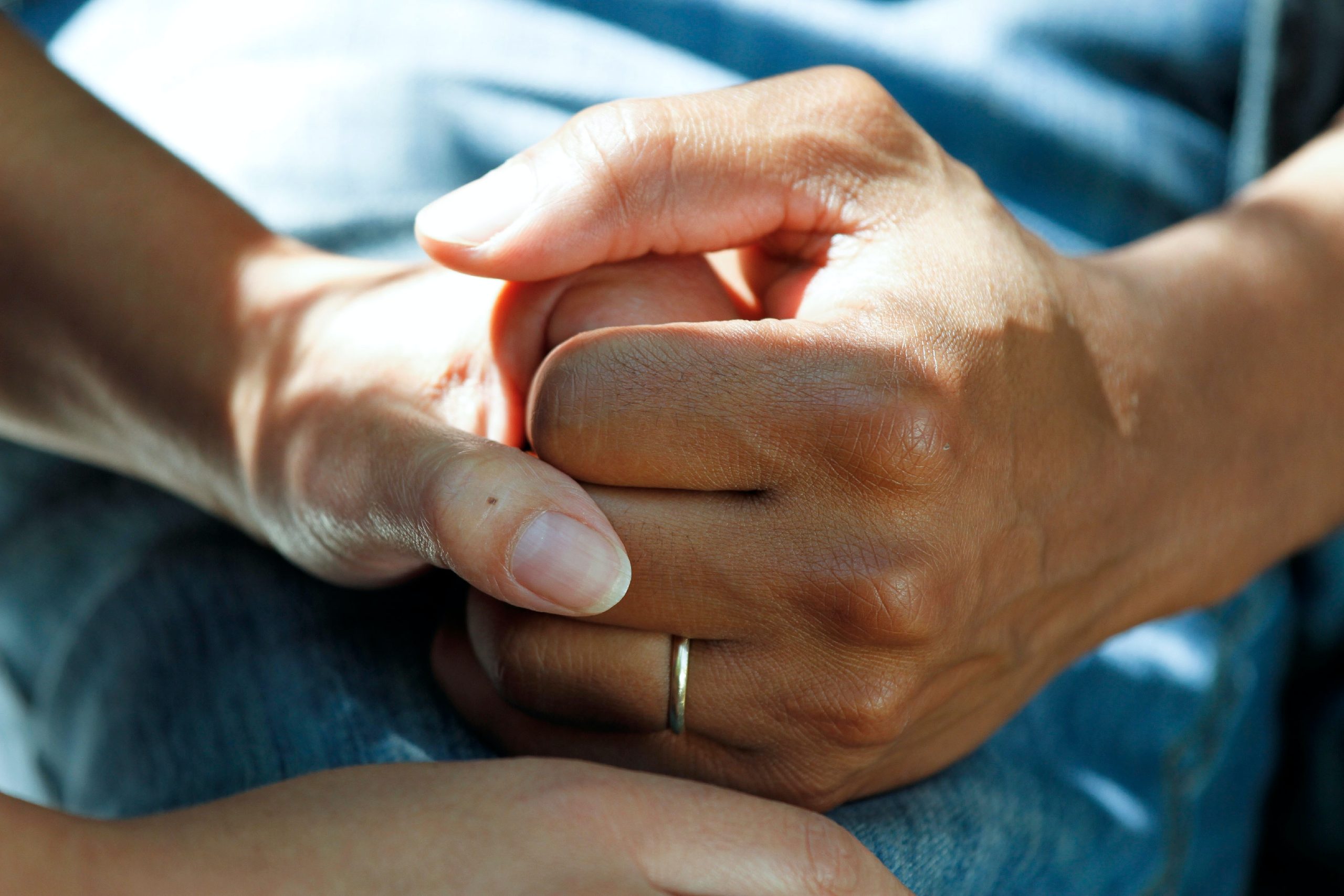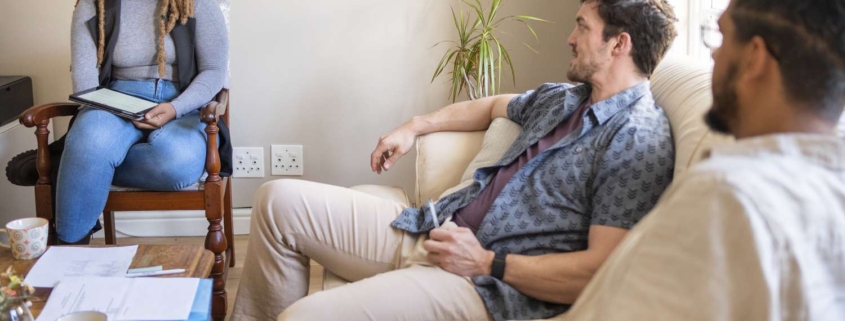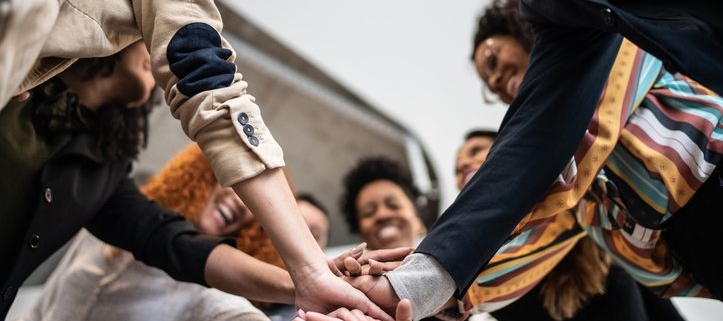When a couple is battling addiction, it affects every corner of their lives, from physical health to emotional and spiritual well-being. For couples who share faith as a core foundation of their relationship, combining spirituality with addiction treatment can be a transformative path toward healing. Couples Rehab, located in Orange County, offers a unique faith-based couples rehab program that integrates evidence-based therapies with spiritual principles.
This article dives deep into what makes faith-based treatment at Couples Rehab so impactful, how spirituality plays a role in recovery, and why this approach can strengthen both your relationship and personal growth.
What is Faith-Based Couples Rehab?
Faith-based couples rehab is a specialized addiction treatment program that combines traditional therapies like counseling and detoxification with spiritual teachings and practices. At Couples Rehab in Orange County, this approach acknowledges that recovery isn’t just physical—it’s emotional, mental, and spiritual.
By weaving spiritual principles, such as forgiveness, hope, and purpose, into recovery, couples are encouraged to heal not only their addictions but also their relationships and individual faith journeys.
Why Choose Faith-Based Couples Rehab in Orange County?
A Holistic Approach to Recovery
At Couples Rehab, the faith-based program addresses the whole person—mind, body, and spirit. While traditional rehab focuses primarily on addiction’s physical and psychological effects, faith-based treatment adds an important layer: spiritual healing.
Strengthening Relationships Through Shared Faith
Addiction often creates rifts in relationships. Couples who share a spiritual foundation can use their faith as an anchor, rebuilding trust and communication while rediscovering shared values.
Peaceful Location in Orange County
The serene and scenic backdrop of Orange County makes it the ideal setting for couples to step away from life’s chaos and focus entirely on healing. With tranquil surroundings and faith-centered care, couples can reconnect spiritually and emotionally in a peaceful environment.
Key Components of Faith-Based Treatment at Couples Rehab
1. Individualized Therapy Rooted in Faith
No two individuals or couples are the same. At Couples Rehab in Orange County, treatment plans are tailored to each couple’s specific needs. Therapists incorporate spiritual counseling, scripture study, and traditional therapies like Cognitive Behavioral Therapy (CBT) to address addiction’s root causes.
2. Couples Counseling with Spiritual Guidance
Rebuilding relationships takes time, effort, and understanding. Couples counseling sessions are guided not only by therapeutic principles but also by faith-based teachings. By incorporating forgiveness, grace, and love, couples learn to heal relational wounds caused by addiction.
3. Faith-Centered Group Sessions
Group sessions provide couples with a supportive community of individuals who share similar struggles and spiritual beliefs. These sessions encourage open discussions, scripture sharing, and mutual encouragement, fostering spiritual and emotional growth.
4. Prayer and Meditation
Prayer and meditation play central roles in the healing process. By dedicating time to prayer, couples can seek strength, guidance, and peace during their recovery journeys. Meditation practices, rooted in spiritual mindfulness, help couples manage stress and stay centered.
5. Spiritual Workshops and Educational Programs
Workshops at Couples Rehab explore how faith and spirituality can empower individuals and couples to overcome addiction. Programs focus on spiritual renewal, understanding purpose, and learning to live with hope and resilience.
The Benefits of Combining Spirituality with Addiction Treatment
Addressing the Soul’s Needs
Addiction often leaves individuals feeling spiritually disconnected or lost. By incorporating spirituality into recovery, couples are encouraged to reconnect with their faith, find purpose, and heal their souls alongside their minds and bodies.
Restoring Hope and Purpose
Faith-based rehab focuses on instilling hope, an essential element for overcoming addiction. Spiritual teachings guide couples to find strength in their faith and view recovery as a chance to rediscover their purpose.
Building Resilience Through Faith
Faith provides individuals with an anchor during times of struggle. Spiritual practices help couples build resilience, empowering them to face challenges with hope, patience, and grace.
Why Faith Matters in the Healing Process
Faith can act as a catalyst for change, giving couples the courage and motivation to pursue recovery. Here’s how spirituality positively impacts the healing process at Couples Rehab in Orange County:
- Promotes Accountability: Faith emphasizes personal responsibility and the need to seek forgiveness and healing.
- Reduces Shame and Guilt: Spiritual principles focus on grace, redemption, and self-forgiveness.
- Fosters Connection: Faith provides a shared sense of purpose and meaning, encouraging couples to bond deeply as they recover.
- Inspires Lasting Change: By incorporating spiritual growth into treatment, couples are better equipped to maintain sobriety long-term.
Is Faith-Based Rehab Right for You and Your Partner?
Faith-based couples rehab may be the right choice if:
- You and your partner share a religious or spiritual background.
- You value incorporating prayer, scripture, and spiritual practices into treatment.
- You want to heal your relationship through a faith-centered approach.
- You’re seeking a holistic program that addresses spiritual, emotional, and physical healing.
At Couples Rehab in Orange County, the team welcomes couples of all faiths and denominations, providing a compassionate, non-judgmental environment for recovery.

The Role of Faith in Long-Term Recovery
While addiction treatment is often seen as a short-term process, faith provides couples with tools for lifelong recovery. Here’s how faith helps sustain sobriety:
- Daily Practices: Prayer, meditation, and scripture reading offer ongoing support and encouragement.
- Spiritual Community: Connecting with a faith-based support group creates accountability and belonging.
- A Renewed Purpose: Spiritual growth encourages couples to live fulfilling lives free from addiction.
How Couples Rehab in Orange County Supports Your Journey
At Couples Rehab, the dedicated team understands that addiction recovery is a deeply personal journey. By blending evidence-based therapies with spiritual guidance, couples receive the tools they need to heal and thrive together.
Key offerings include:
- Tailored Treatment Plans to meet the unique needs of each couple.
- Faith-Based Counseling led by experienced professionals.
- Safe, Peaceful Environment in beautiful Orange County.
- Ongoing Support to ensure long-term recovery and spiritual growth.
Frequently Asked Questions (FAQs)
1. What is faith-based couples rehab?
Faith-based couples rehab combines traditional addiction treatment with spiritual guidance, emphasizing the role of faith in the recovery process.
2. What services are offered at Couples Rehab in Orange County?
Couples Rehab provides individualized therapy, couples counseling, group sessions, spiritual workshops, and faith-centered practices like prayer and meditation.
3. Who can benefit from faith-based rehab?
Couples who share a spiritual or religious background and want to incorporate faith into their recovery can benefit greatly from this program.
4. Is faith-based rehab only for specific religions?
No. Faith-based rehab at Couples Rehab in Orange County is inclusive and open to individuals of all faiths and spiritual beliefs.
5. How does spirituality help in addiction recovery?
Spirituality fosters hope, resilience, and a sense of purpose, helping individuals heal emotionally, mentally, and spiritually.
6. Does Couples Rehab offer personalized treatment plans?
Yes. Treatment plans are customized to meet the unique needs and goals of each couple.
7. What makes Couples Rehab in Orange County unique?
The serene location, faith-based approach, and tailored programs make Couples Rehab a standout choice for couples seeking recovery.
8. Can we strengthen our relationship during rehab?
Absolutely. Faith-based couples counseling focuses on communication, trust-building, and spiritual connection, helping couples heal together.
9. Is prayer or scripture study part of the program?
Yes. Prayer, scripture study, and meditation are integrated into the program to provide spiritual support and guidance.
10. How can I learn more about Couples Rehab in Orange County?
To learn more about programs and services, reach out directly to Couples Rehab for a consultation.
Conclusion
Combining spirituality with addiction treatment offers couples a profound path toward healing. At Couples Rehab in Orange County, faith-based rehab programs address the whole person, fostering spiritual renewal, emotional healing, and stronger relationships.
For couples seeking recovery grounded in faith, contact Couples Rehab for a compassionate, supportive space where addiction can be overcome, and relationships can be restored.

















